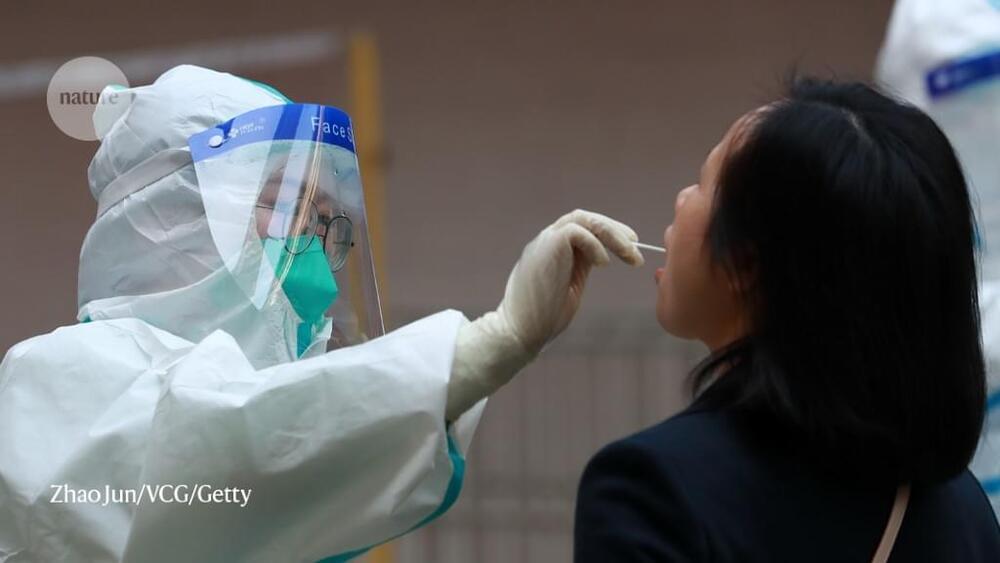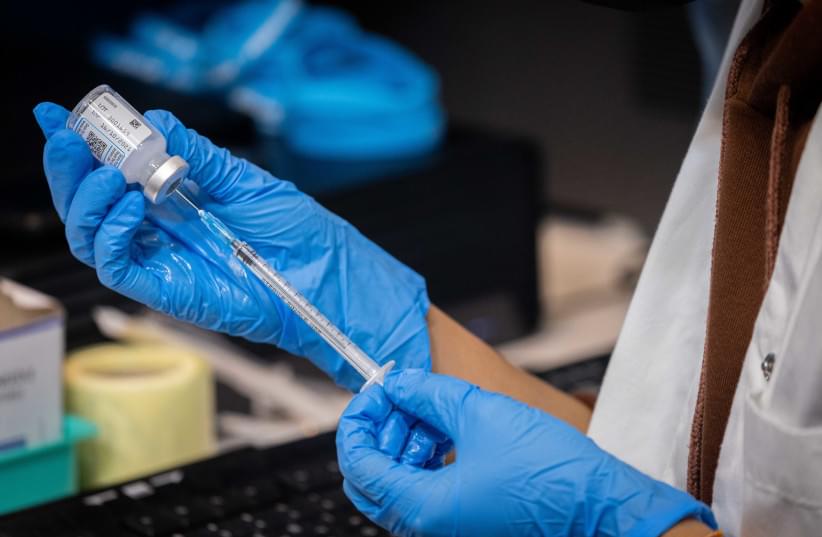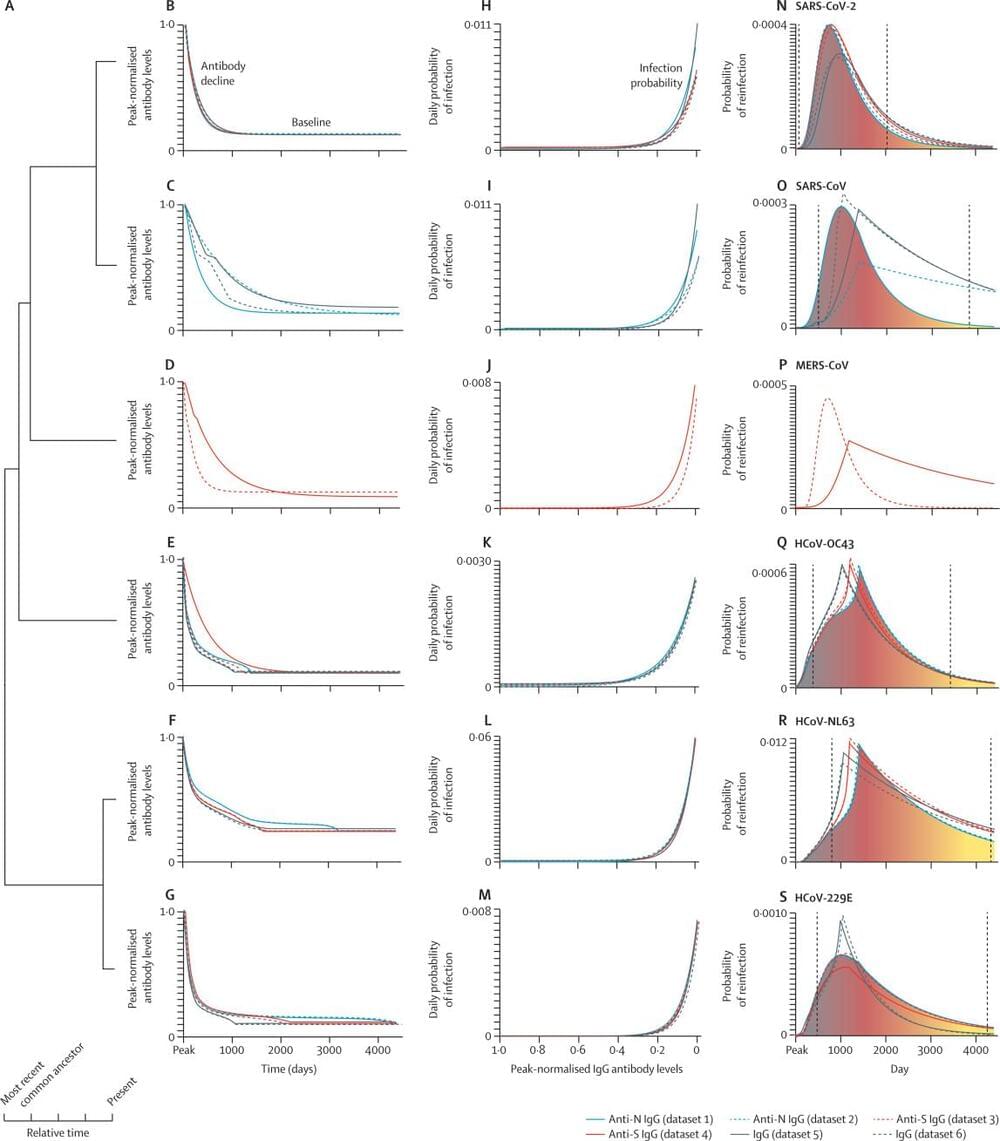Oct 5, 2021
The Coming Age for Tech x Bio: The ‘Industrial Bio Complex’
Posted by Jose Ruben Rodriguez Fuentes in categories: biological, biotech/medical, food, health, robotics/AI
Driving this revolution has been a new breed and wave of founders and startups that merge the worlds of technology and bio — importantly, not just the old world of biotech (or a narrow definition of tech in bio as only “digital health”), but something much broader, bigger, and blending both worlds. In short, biology — enabled by technology — is eating the world. This has not only changed how we diagnose, treat, and manage disease, but has been changing the way we access, pay for, and deliver care in the healthcare system. It is now entering into manufacturing, food, and several other industries as well. Bio is becoming a part of everything.
This new era of industrialized bio — enabled by AI as well as an ongoing, foundational shift in biology from empirical science to more engineered approaches — will be the next industrial revolution in human history. And propelling it forward is an enormous new driving force, the novel coronavirus SARS-CoV-2, its ever-evolving strains, and the resulting COVID-19 disease pandemic and response — which I believe is analogous to our generation’s World War II (WW2). In other words: a massive global upheaval, but that later led to unprecedented innovation and significant new players.
Continue reading “The Coming Age for Tech x Bio: The ‘Industrial Bio Complex’” »
















